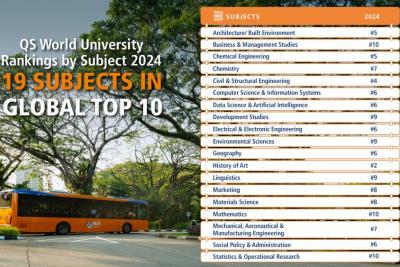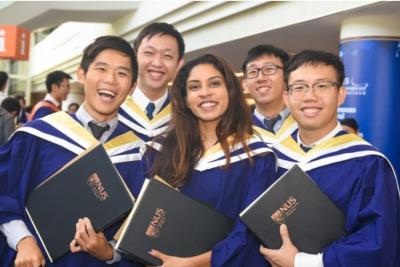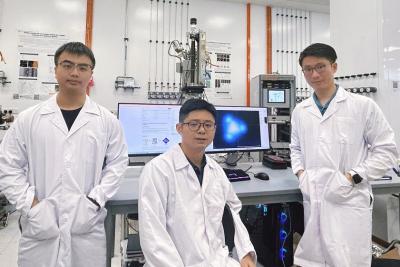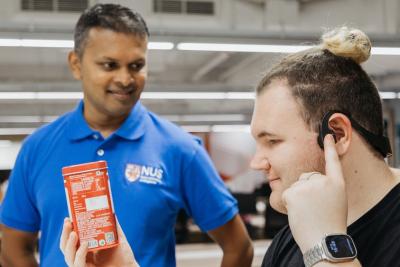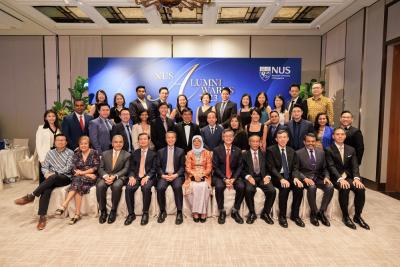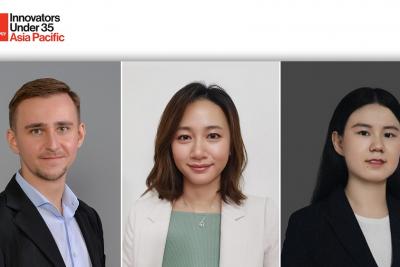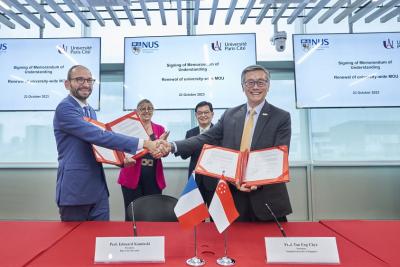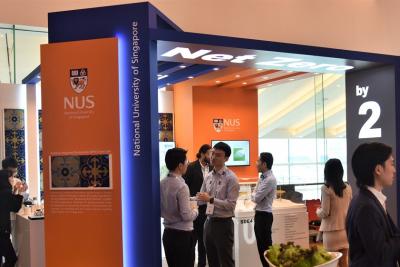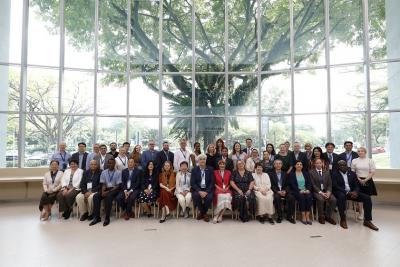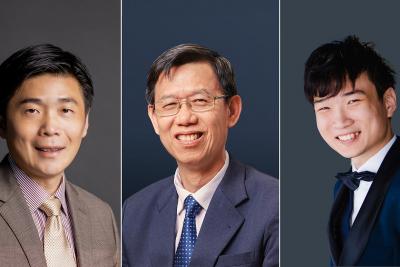Hai Giáo sư Abhik Roychoudhury và Cristian Cadar đã giành được giải thưởng của IEEE
NUS Computing Provost’s Chair Professor Abhik Roychoudhury has won the IEEE Technical Committee of Software Engineering’s New Directions Award for 2022.
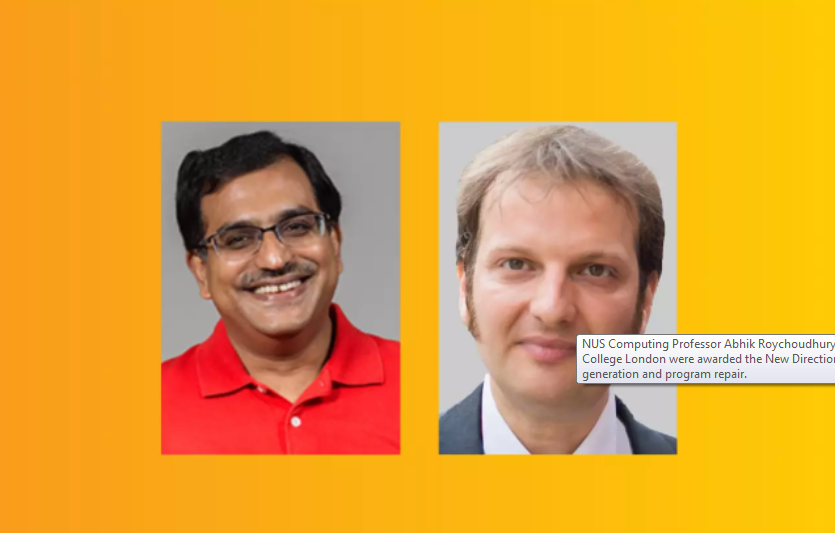 \
\
NUS Computing Professor Abhik Roychoudhury and Professor Cristian Cadar from the Department of Computing at Imperial College London were awarded the New Directions Award in recognition of their contributions to symbolic execution for test generation and program repair.
The award was given to both NUS Computing Prof Roychoudhury and Professor Cristian Cadar from the Department of Computing at Imperial College London, in recognition of their contributions to symbolic execution for test generation and program repair.
The New Directions Award is presented annually to an individual or team who have made substantial contributions to software engineering research or practice, with these contributions moving the field in a new direction. The contributions made must be adopted by many other researchers and other organisations, and result in advancement in the state-of-the-art research and practice. In addition, the contribution by the award recipients must also be measurably superior to existing works and positively influences existing practice.
Profs Roychoudhury and Cadar’s research work in software engineering has focused on software testing and analysis, in particular innovative symbolic program analysis to make testing, debugging, and the repair of software programs more rigorous.
Their work provides a new direction in symbolic program analysis by proposing a new outlook on symbolic execution for patch testing and software program repair. This significantly impacts the way software is being developed and maintained.
In his works, Prof Roychoudhury aims to figure out the human intention behind a buggy program and then rectify it automatically. The human intention is gleaned via symbolic or formal reasoning of informal program artifacts, such as tests.
He added that one challenge is in making such rigorous reasoning effective and scalable, so that the techniques can transition to actual practice.





